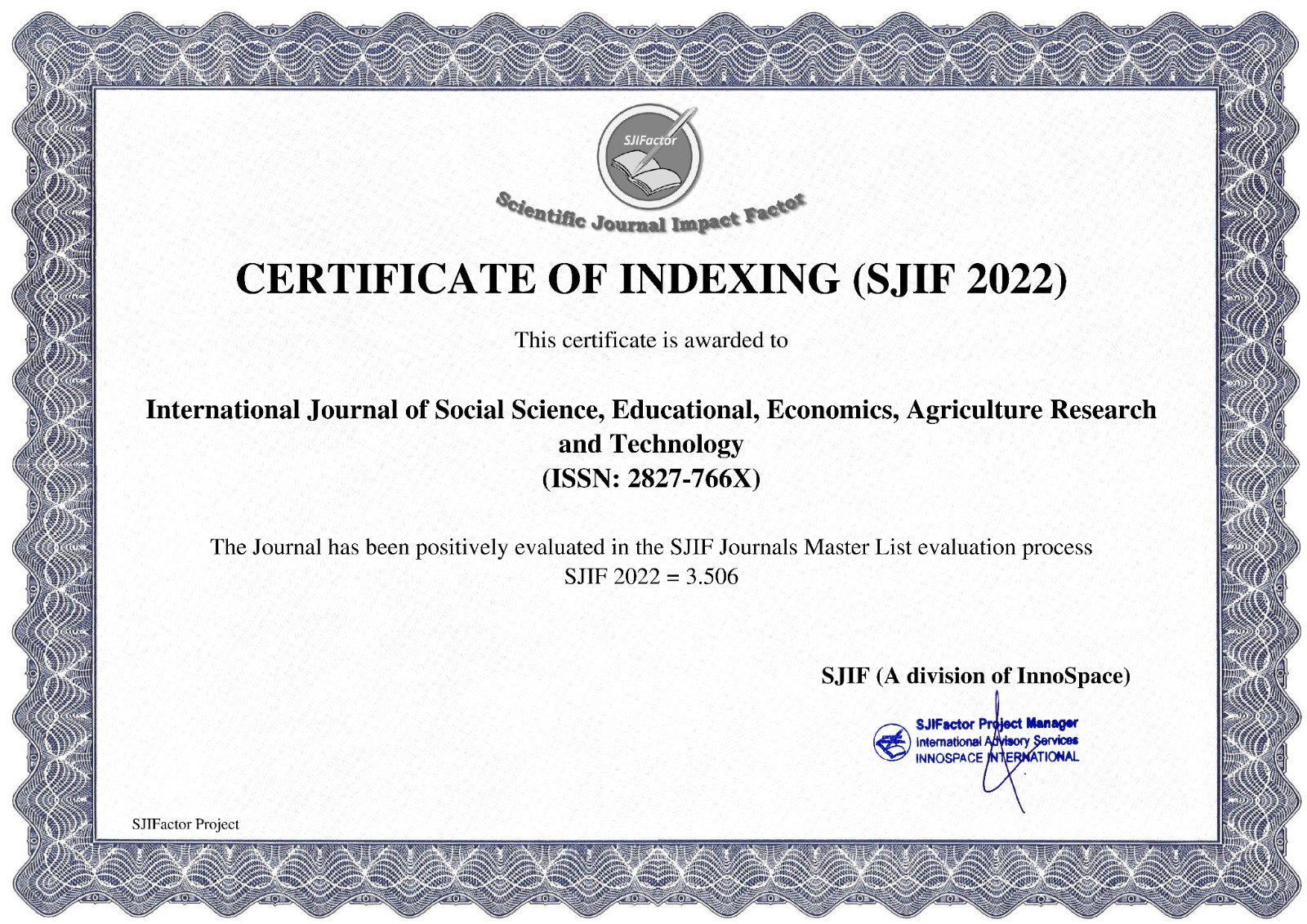NORMATIVE JURIDICAL ANALYSIS OF THE POSITION OF GOVERNMENT REGULATION IN LIEU OF LAW (PERPPU) IN THE HIERARCHY OF STATUTORY REGULATIONS
Main Article Content
Fitri Elfiani
Zulkifli
Nofrizal
Romadhan Lubis
Dearma Sinaga
This study offers a normative and juridical analysis of the position of Government Regulations in Lieu of Law (Perppu) within the hierarchy of statutory regulations in Indonesia. It investigates the constitutional and legal framework surrounding Perppu, particularly in light of its "emergency" and "temporary" nature, the President's authority to issue them without prior legislative consultation, and the requirement for subsequent approval by the House of Representatives (DPR). The research critically examines the consistency of Perppu with fundamental legal principles, including the rule of law, constitutional supremacy, and the separation of powers. It addresses the theoretical and practical controversies surrounding the application of Perppu, especially concerning the interpretation of "compelling urgency" and the potential for abuse of executive authority, which has become increasingly relevant given the rising frequency of Perppu issuances. The study argues for the need to clarify the legal standing of Perppu within the existing legal structure, strengthen parliamentary and judicial oversight mechanisms, and establish objective and measurable criteria for determining "compelling urgency." By doing so, it aims to ensure that Perppu remains a constitutional instrument, operating within defined boundaries, and does not undermine the legislative functions of the DPR or the principles of a democratic state governed by law. This normative review also seeks to address the legal and constitutional challenges in the practice of forming Perppu in Indonesia.
Abdul Fickar Hadjar, “The Perppu on Mass Organizations and the Dangers of Authoritarianism”, Jurnal Konstitusi, Vol. 14 No. 2 (2017).
Fitri Elfiani, Analysis of the Existence of Indonesian Netizens Regarding Law Enforcement in Indonesia, Jurnal Keadilan, Vol: 23 No: 2 (2025) pp. 155-164 https://jurnal.utb.ac.id/index.php/keadilan/article/view/2387/1163
Hans Kelsen, General Theory of Law and State, trans. Anders Wedberg (New York: Russell & Russell, 1961).
Hans Kelsen, Pure Theory of Law, trans. Max Knight (Berkeley: University of California Press, 1967).
Jimly Asshiddiqie, Introduction to Constitutional Law, Jakarta: Konstitusi Press, 2006.
Jimly Asshiddiqie, Development and Consolidation of State Institutions Post-Reformation, Jakarta: Konstitusi Press, 2006.
Constitutional Court of the Republic of Indonesia, Constitutional Court Decision No. 138/PUU-VII/2009, www.mkri.id.
Constitutional Court of the Republic of Indonesia, Constitutional Court Decision No. 38/PUU-XV/2017 concerning the judicial review of the Perppu on Mass Organizations, accessed from www.mkri.id.
Constitutional Court of the Republic of Indonesia, Constitutional Court Decision No. 37/PUU-XVIII/2020 concerning the COVID-19 Perppu.
Constitutional Court of the Republic of Indonesia, Decision No. 91/PUU-XVIII/2020, www.mkri.id
Maria Farida Indrati, Legal Science: Types, Functions, and Content, Yogyakarta: Kanisius, 2007.
Ni'matul Huda, Indonesian Constitutional Law, (Yogyakarta: FH UII Press, 2022).
Karmilia R. The Application of Restorative Justice Principles from the Perspective of the Principle of Legal Certainty. Journal of Juridische Analyse [Internet]. 2022 Sep 30;1(2):1–9. Available From: Http://Dx.Doi.Org/10.30606/Joja.v1i2.1508
Salim HS and Erlies Septiana Nurbani, Application of Legal Theory in Thesis and Dissertation Research, (Jakarta: RajaGrafindo Persada, 2015).
Satjipto Rahardjo, Legal Science (Bandung: Citra Aditya Bakti, 2000).
Soerjono Soekanto and Sri Mamudji, Normative Legal Research: A Brief Review, (Jakarta: Rajawali Pers, 2001).
Law Number 12 of 2011 concerning the Formation of Legislation as amended by Law Number 13 of 2022.
Zulkifli Z, Ramli Am, Abdurahman A, Kaluku Ja, Karmilia R. Harmonizing Sharia Principles and E-Commerce Regulation: Comparative Insights from Indonesia and ASEAN Member States. Jurisdictie: Jurnal Hukum Dan Syariah [Internet]. 2025 Jul 1;16(1):201–34. Available from: http://Dx.Doi.Org/10.18860/j.v16i1.31378






















